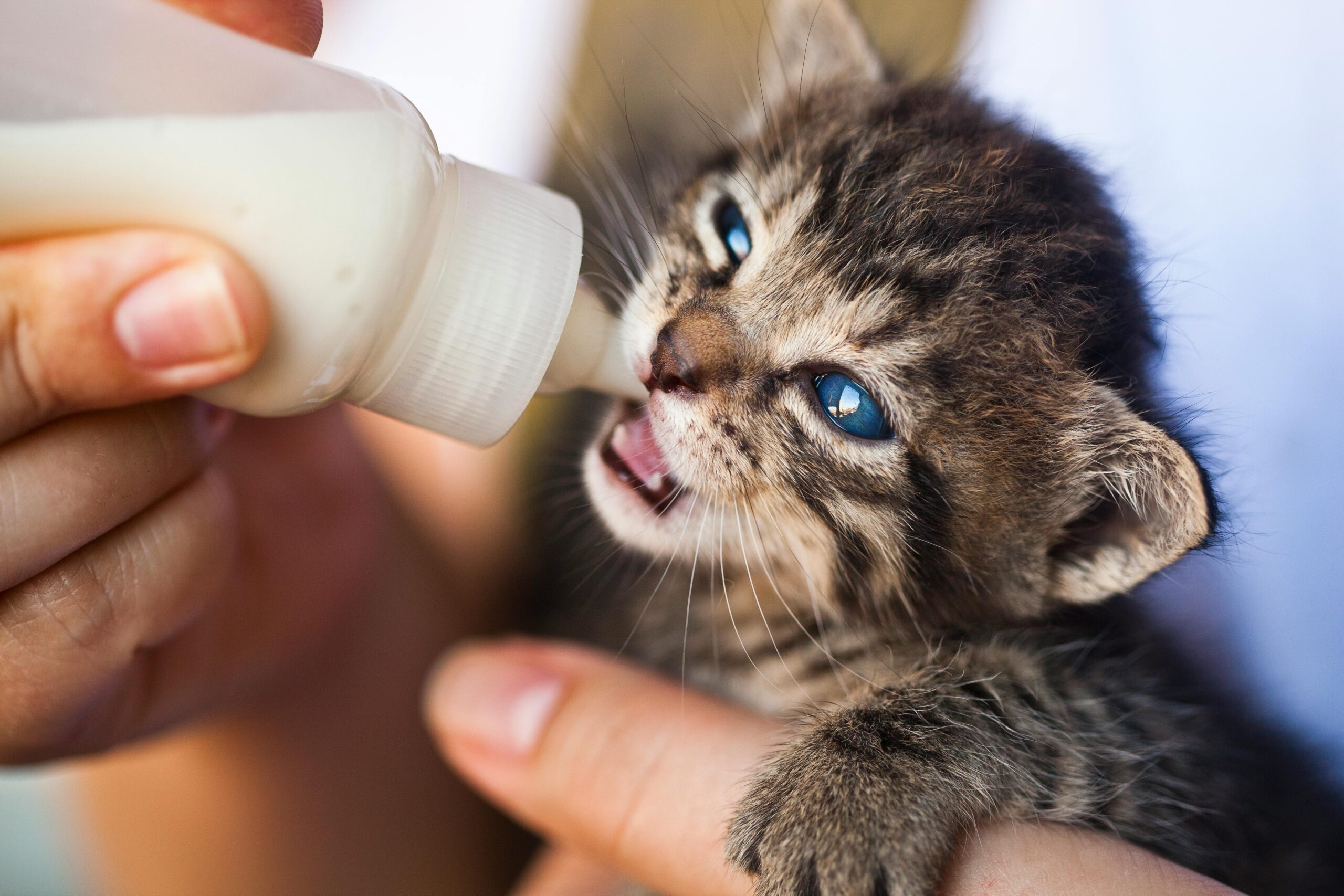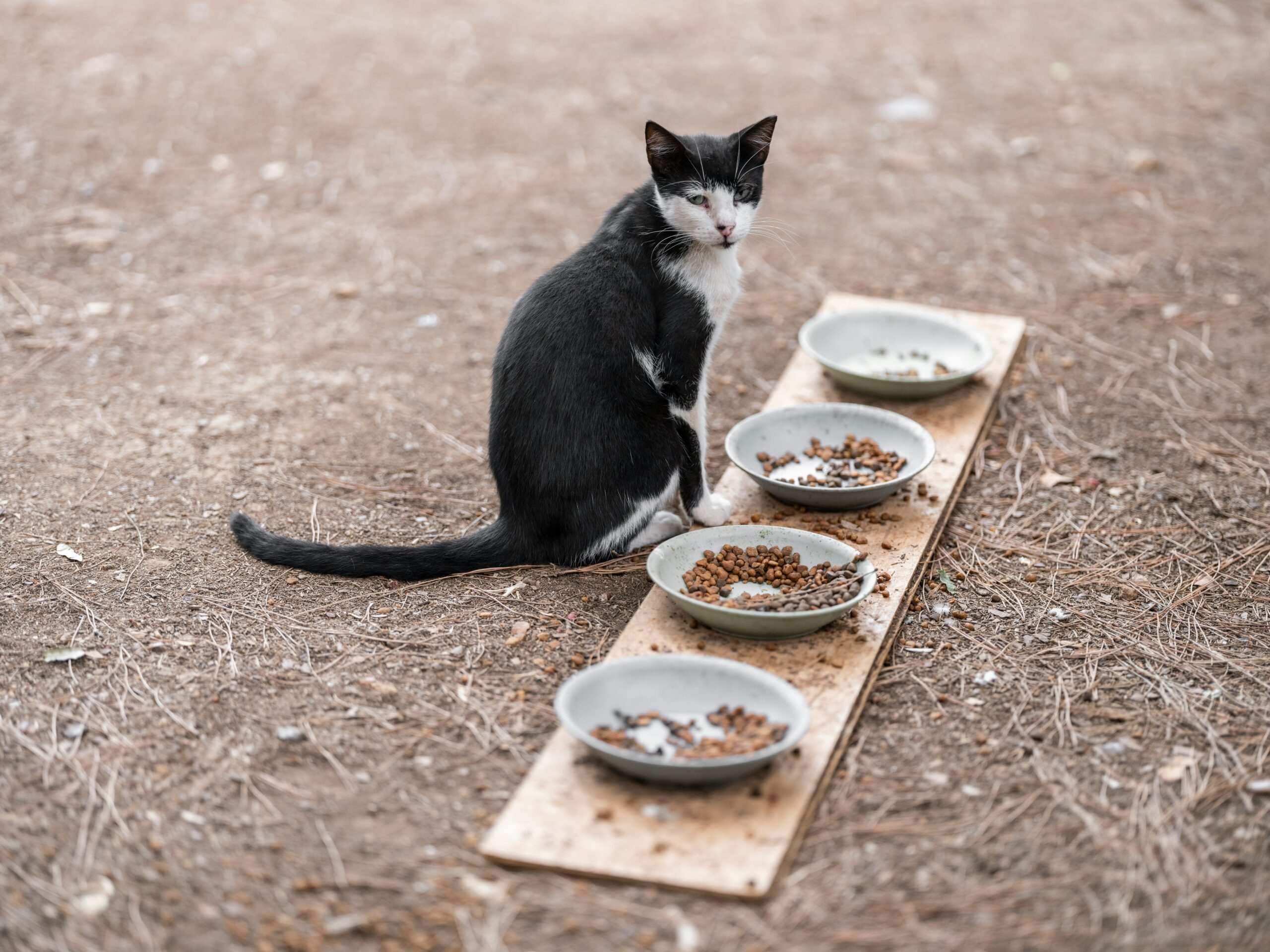Kitten Care 101: From Birth To 1st Birthday

Kitten Care 101: From Birth to Their 1st Birthday
Bringing home a new kitten is an exciting and rewarding experience. However, it also comes with a big responsibility—ensuring your kitten grows into a healthy, happy adult cat. Proper care during the first year of life is crucial for their development. This guide will walk you through the essentials of kitten care, from birth to their first birthday, covering everything from feeding and grooming to socialization and medical needs.
The First Few Weeks: From Birth to Weaning
1. Newborn Kittens: The First Two Weeks
The first two weeks of a kitten’s life are critical as they are born completely dependent on their mother or a caregiver. Here’s what to expect during this period:
- Blind and Deaf: Kittens are born with their eyes closed and their ears folded down. They rely entirely on their mother’s warmth and milk for survival.
- Feeding: If the mother is present and healthy, she will nurse the kittens every few hours. If the mother is absent, you’ll need to bottle-feed them using kitten formula every 2-3 hours, even through the night. Never feed cow’s milk, as it can cause digestive problems.
- Weight Gain: Newborn kittens should gain weight steadily each day. They typically double their birth weight within the first week. Weigh them daily to ensure they are developing properly.
2. Transition Period: 3 to 4 Weeks
Around the third week, kittens start to become more active and curious. Here’s what you’ll see:
- Opening Eyes and Ears: Their eyes begin to open, revealing blue eyes that will change color later. Their ears will also start to perk up as they gain their sense of hearing.
- Teeth Development: Tiny teeth will start to appear, marking the beginning of the teething process. You’ll also notice them starting to chew on soft objects.
- Introduction to Solid Food: You can begin introducing soft, wet kitten food by mixing it with formula. Offer the food in small amounts alongside continued nursing or bottle-feeding.
- Litter Training: Kittens naturally begin exploring and learning how to use the litter box. Place them in the litter box after feeding, and praise them when they use it successfully.
3. Socialization Begins: 5 to 8 Weeks
During this period, kittens go through a significant developmental phase. Socialization is critical at this stage to ensure they grow into well-adjusted adult cats.
- Weaning: By 5 to 6 weeks, kittens should be eating more solid food and weaning off their mother’s milk or formula.
- Play and Exploration: This is when kittens begin to engage in playful behaviors like running, jumping, and pouncing. Encourage this behavior by providing safe toys and plenty of space to explore.
- Socialization with Humans and Other Pets: Introduce your kitten to gentle handling and interaction with humans and other household pets. Expose them to different sights, sounds, and environments to help them become well-adjusted.
- Vet Visits: Kittens should have their first vet visit around 6 to 8 weeks old for vaccinations, deworming, and a general health checkup.
The Next Stage: 2 to 6 Months
As your kitten grows, their personality will begin to emerge, and they’ll become more independent. Here’s how to continue providing the best care during this critical growth stage:
4. Vaccinations and Vet Care
Kittens require a series of vaccinations during the first few months to protect them from diseases like feline distemper, calicivirus, and rabies. Your vet will guide you on the appropriate vaccination schedule, which typically includes:
- First Set of Vaccinations: Administered at around 6-8 weeks old.
- Booster Shots: Followed up every 3-4 weeks until they reach about 16 weeks of age.
- Parasite Prevention: Continue deworming and consider flea and tick prevention, especially if your kitten goes outdoors or interacts with other animals.
5. Diet and Nutrition for Growing Kittens
By 2 to 3 months, your kitten should be fully weaned and eating a balanced kitten diet. Here’s what to consider:
- High-Quality Kitten Food: Choose a kitten-specific food with the right balance of protein, fat, and essential nutrients for growth. Dry kibble or wet food can be used depending on your kitten’s preference and health needs.
- Portion Control: Kittens grow rapidly during this stage and require frequent feeding, usually 3-4 small meals a day. Monitor their weight to ensure they are gaining appropriately but not becoming overweight.
6. Play and Mental Stimulation
By 3 to 6 months, your kitten will be bursting with energy and curiosity. Provide ample opportunities for physical and mental stimulation:
- Interactive Play: Invest in interactive toys that encourage your kitten to chase, pounce, and use their problem-solving skills. Feather wands, laser pointers, and puzzle toys are great options.
- Scratching Posts and Climbing Towers: Provide scratching posts and cat trees to satisfy their natural instincts to scratch and climb. This helps keep their claws healthy and their muscles strong.
The Adolescent Stage: 6 to 12 Months
As your kitten approaches their first birthday, they begin transitioning from kittenhood to adolescence. This stage is marked by continued growth, behavioral changes, and the need for consistent training and care.
7. Spaying or Neutering
Most vets recommend spaying or neutering your kitten around 6 months of age. This procedure offers numerous health benefits and helps prevent behavioral issues related to mating instincts:
- Health Benefits: Spaying or neutering can reduce the risk of certain cancers and infections, and it prevents unwanted pregnancies.
- Behavioral Benefits: Neutering can reduce aggression, spraying, and other territorial behaviors in male cats. Spaying prevents females from going into heat, which can be a stressful experience for both you and your cat.
8. Continued Vet Care
Your kitten will need another vet visit around 6 months old for their final set of vaccinations, a physical exam, and any additional treatments:
- Dental Health Check: By this stage, your kitten will have their adult teeth, so make sure to get a dental checkup to ensure proper alignment and hygiene.
- Weight Monitoring: Adolescence is a time when weight gain can become a concern, so continue monitoring their diet and ensure they are maintaining a healthy weight.
9. Behavioral Training and Reinforcement
As your kitten grows older, it’s important to reinforce good behavior and manage any developing habits:
- Litter Box Training: By this stage, your kitten should be fully litter trained. If you encounter any accidents, it may be due to stress, illness, or changes in their environment. Address any issues promptly with your vet.
- Positive Reinforcement: Use positive reinforcement to encourage good behaviors such as scratching on posts, using the litter box, and being gentle during playtime.
- Discourage Biting and Scratching: Kittens may go through a phase of biting and scratching during play. Redirect this behavior using toys and reinforce gentle play with treats and praise.
Preparing for Their First Birthday: 10 to 12 Months
Your kitten is now approaching adulthood, and it’s time to start thinking about transitioning their care and diet to suit their changing needs.
10. Transition to Adult Cat Food
As your kitten approaches their first birthday, it’s time to transition them from kitten food to adult cat food:
- Gradual Transition: Switch their food gradually over a period of 7-10 days to prevent digestive upset. Mix a small amount of adult food with their kitten food, gradually increasing the ratio of adult food each day.
- Portion Adjustments: Adult cats typically require fewer calories than kittens. Adjust portion sizes to prevent overeating and weight gain.
11. Maintain Regular Exercise and Enrichment
Just because your cat is nearing adulthood doesn’t mean playtime should stop. Continue to provide daily exercise and mental stimulation to keep them happy and healthy:
- Active Play: Adult cats still need regular exercise, so continue engaging them with interactive toys and games. Schedule dedicated play sessions to ensure they stay active.
- Environmental Enrichment: Keep your cat’s environment engaging with new toys, climbing structures, and scratching posts. Cats enjoy exploring new objects and spaces, so rotating their toys can keep them interested.
12. Long-Term Health and Wellness
Your kitten is now an adult cat, but maintaining their health is a lifelong commitment:
- Annual Vet Visits: Ensure that your cat continues to receive regular vet checkups, including vaccinations, dental care, and preventive treatments for parasites.
- Dental Hygiene: Keep up with your cat’s dental care by brushing their teeth regularly or offering dental chews that help reduce plaque buildup.
- Grooming Needs: Depending on your cat’s breed and coat length, regular grooming may still be necessary. Long-haired breeds may require more frequent brushing to prevent mats and tangles.
Conclusion
The first year of your kitten’s life is an exciting time filled with growth, learning, and bonding. By providing proper care, nutrition, and enrichment, you can ensure that your kitten grows into a healthy, well-adjusted adult cat. From feeding and grooming to socialization.




